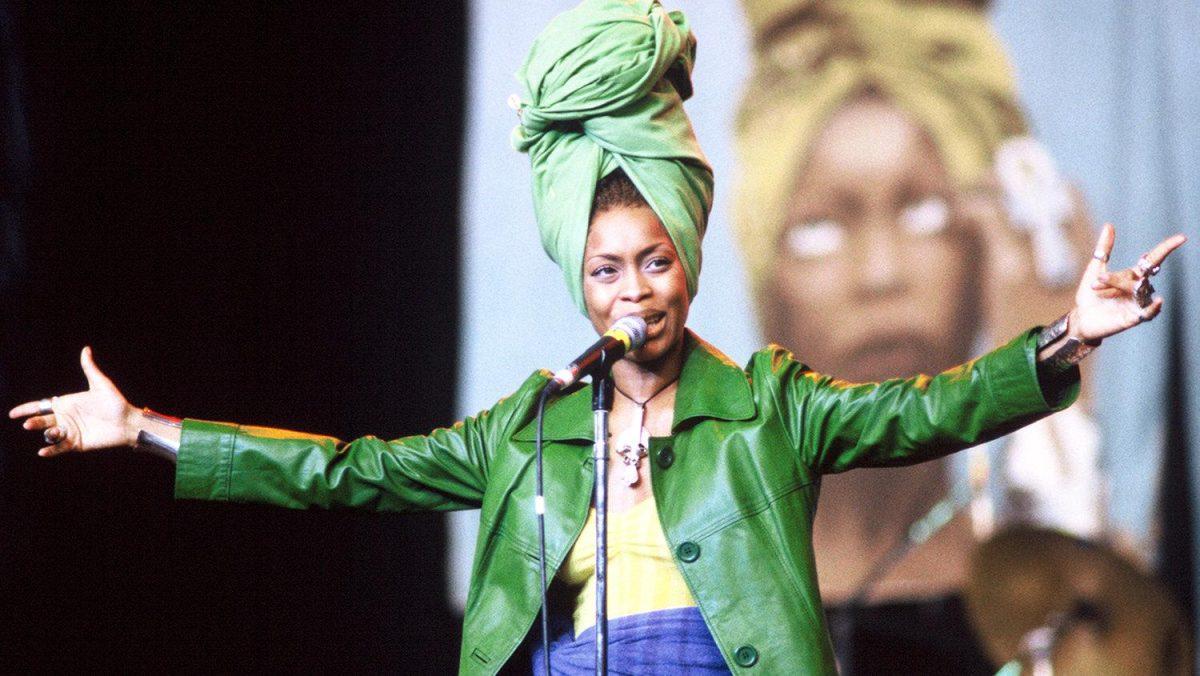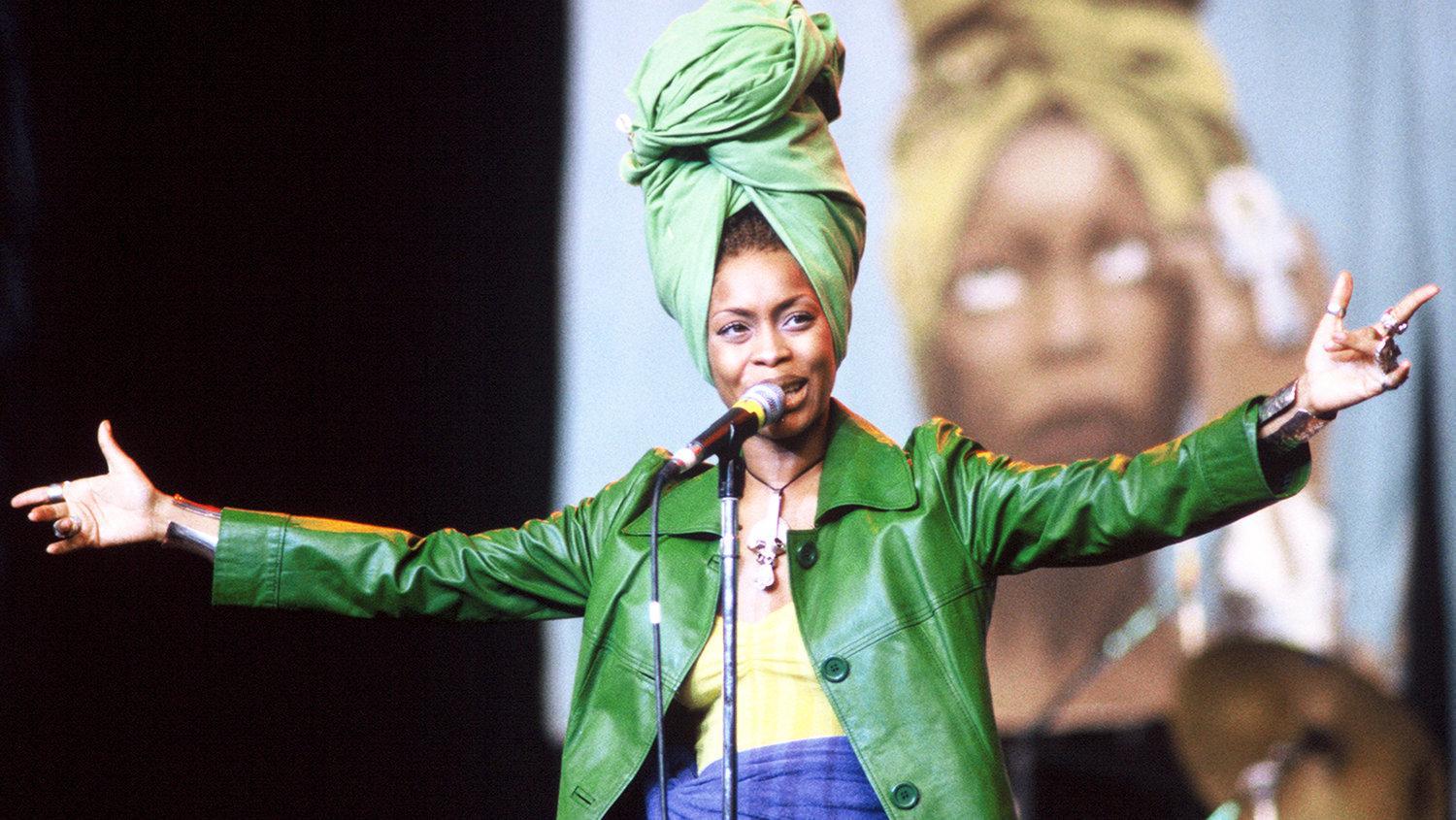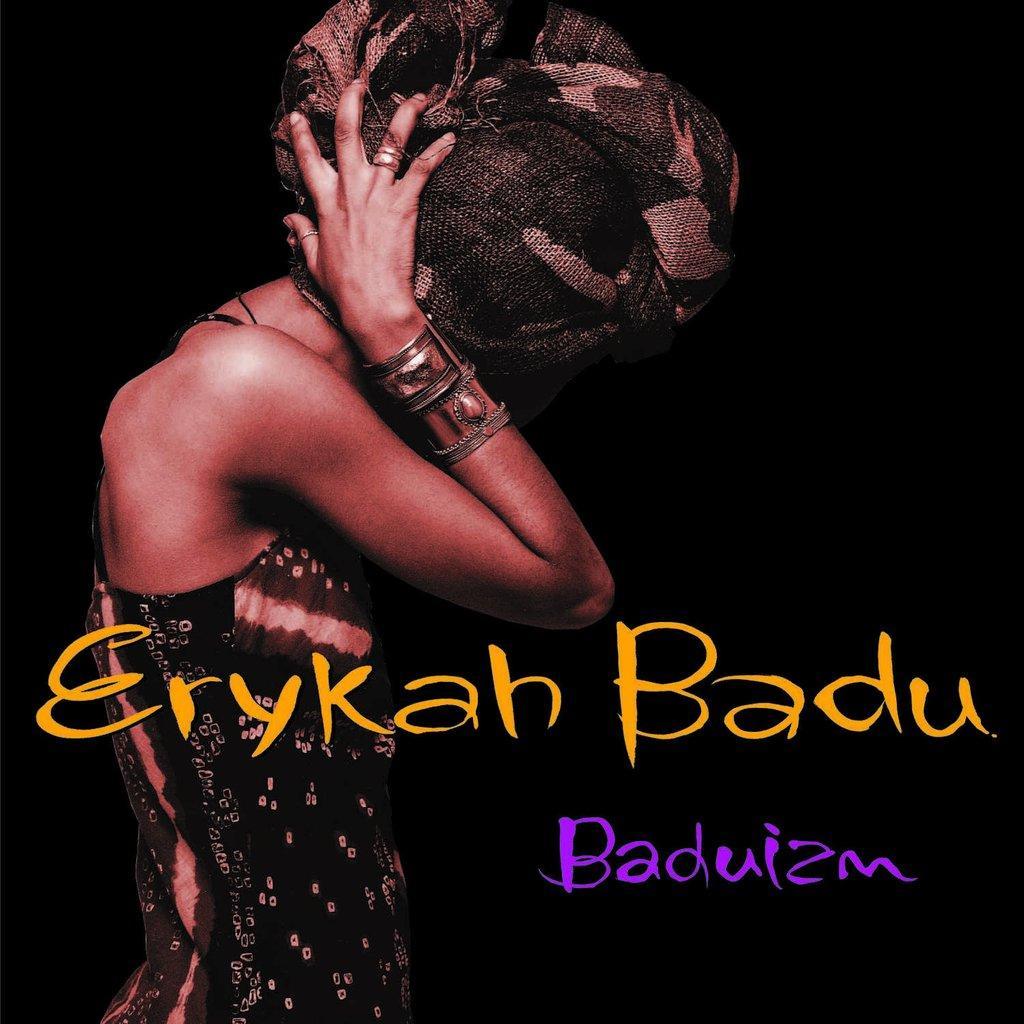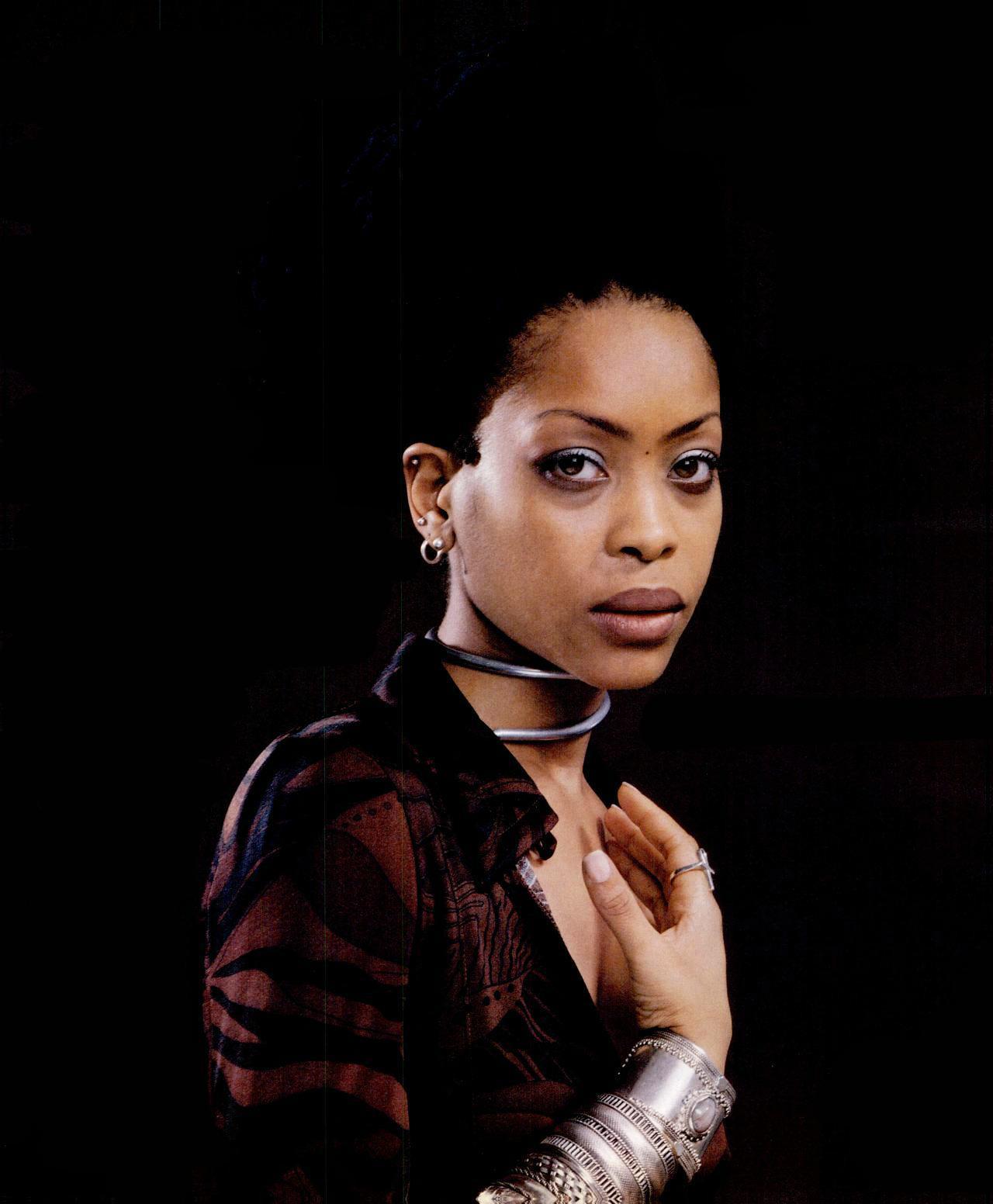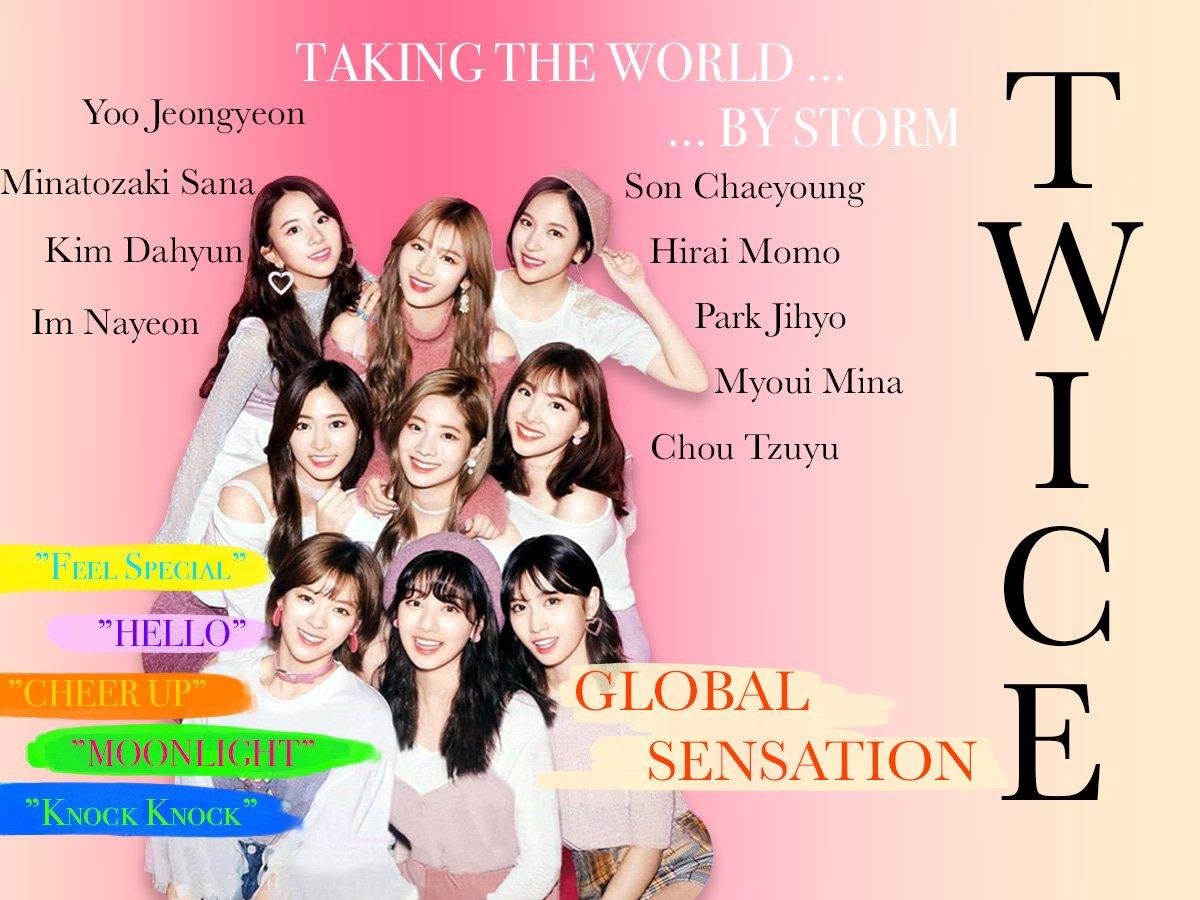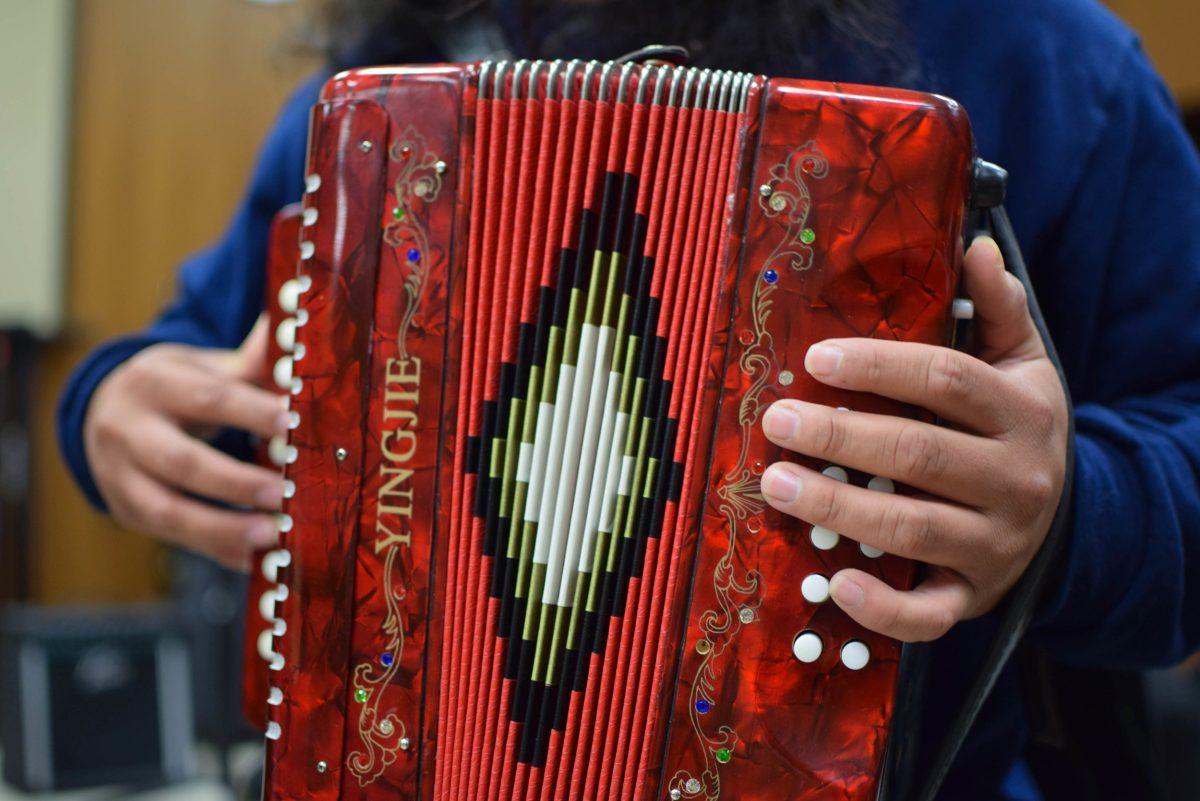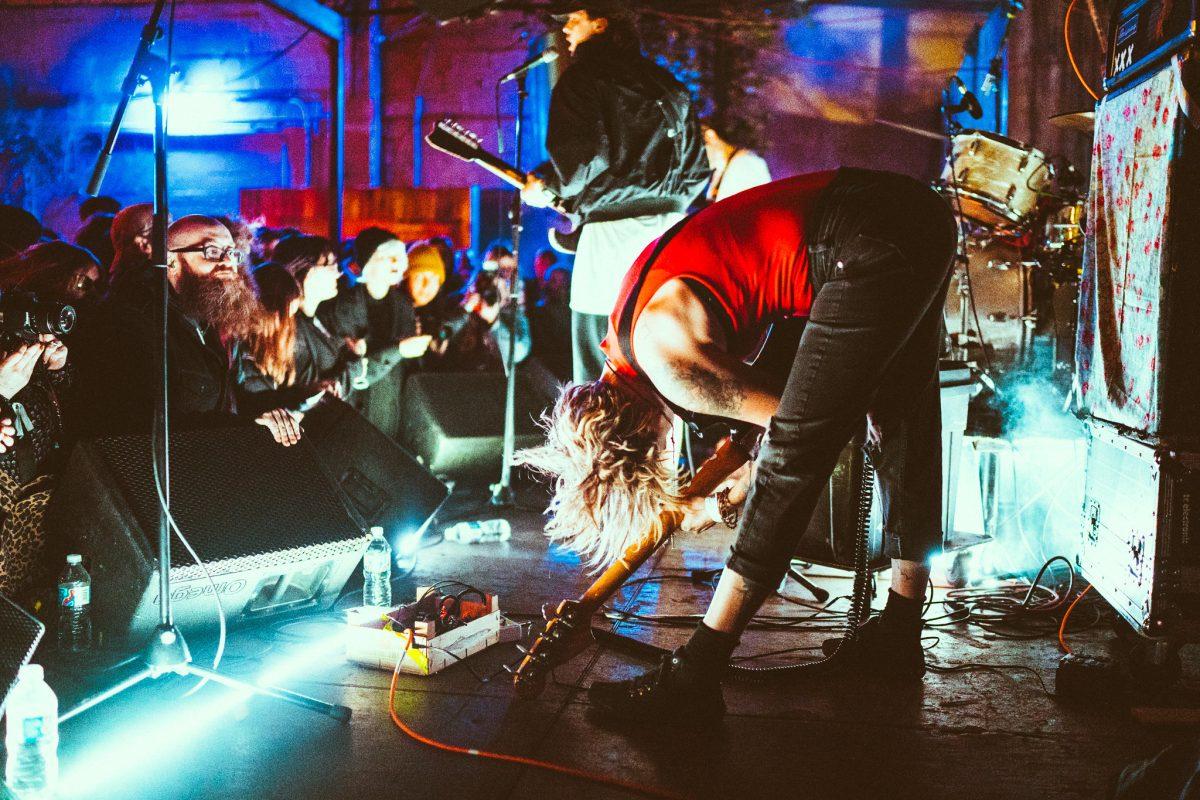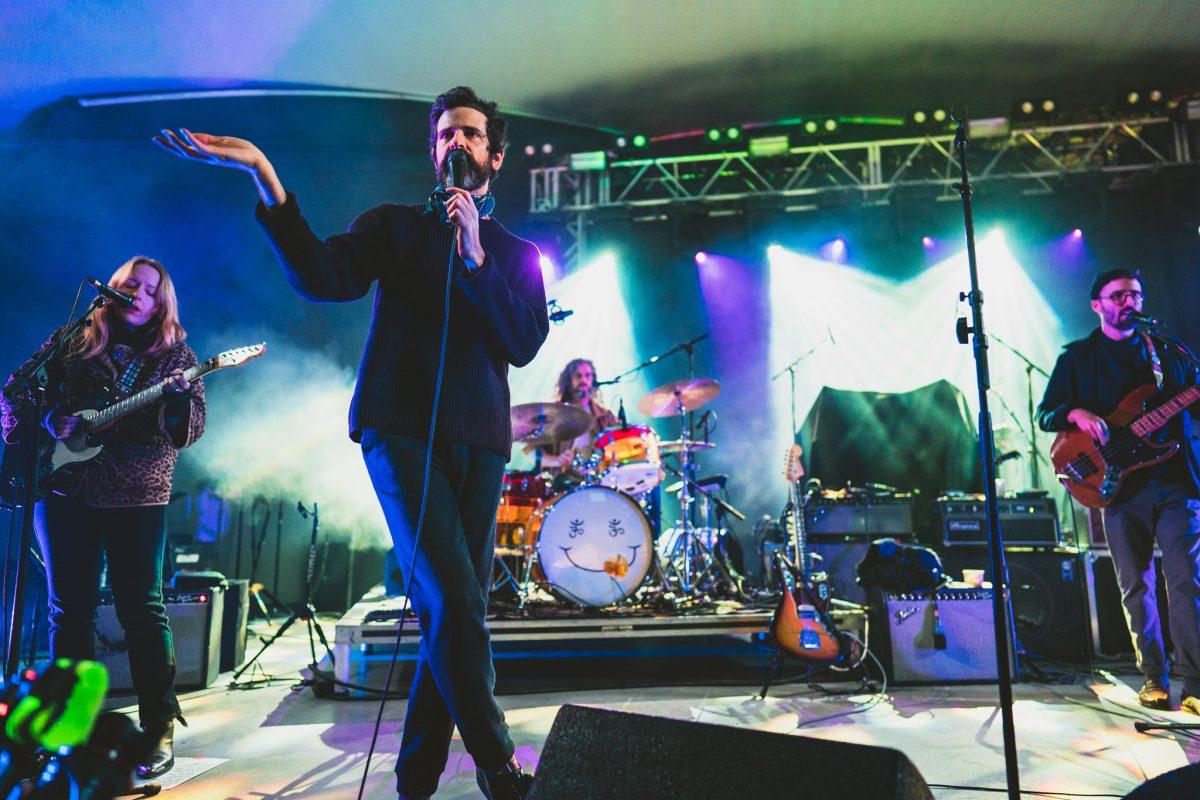Photo courtesy of Billboard
Erykah Badu released her first album, “Baduizm,” 21 years ago and shook up the environment of R&B. Decades later, “Baduizm” still draws listeners into Badu’s ethereal, incense-hazed world. In a time when music relies on bold sonics and social media allows people to analyze one another, the serene landscape of “Baduizm” urges society to look inward.
Story by Kennedy Williams
While doing press for “Baduizm” in 1997, Badu glided onto the set of “Planet Groove,” a talk show that attracted prominent artists including Mariah Carey and Missy Elliott. Entering the show’s warehouse-turned-apartment style setting, Badu lit candles and incense on her way to the couch.
As Badu settled in and sipped some tea, Rachel Stuart, the host of “Planet Groove,” sat next to her, simultaneously transfixed and confused about Badu’s world. “The album is called ‘Baduizm,’ what is ‘Baduizm?’” Stuart asks. As if she prepared her whole life to answer the question, Badu quickly retorted: “‘Baduizm’ is an expression of me and the way I feel. Badu is my last name, ‘izm’ is what should get you high and Baduizm [is] the things that get me high. Lighting a candle, loving life, knowing myself, knowing my creator, loving them both… Using my melanin, using my power, to get to where I need to go to do the creator’s work—that’s what I’m here for. And I’m still fly.”
Photo courtesy of Kedar Records
Badu’s sense of self is reflected in the sonics of the album. Lush bass chords and clicks of snares envelop Badu’s vocals throughout the album, creating a landscape that reflects her serene personality and prevents her from hiding. There are no overly-produced melodies or loud 808s to camouflage her voice. Instead, she stands in front of the acoustics, allowing her otherworldly voice to permeate listeners’ ears.
“Baduizm” confidently cemented Neo-Soul as a bonafide genre. Neo-Soul merges the songwriting styles and melodies of R&B with the stripped down sensibilities of jazz and was on the rise in the late 1990s. Maxwell, the musician credited with shaping the Neo-Soul movement, released his first project, “Urban Hang Suite,” in 1996. A year before that, D’Angelo’s “Brown Sugar” made listeners fall back in love with ‘70s style soul grooves. Although significant, the music of Maxwell and D’Angelo was more radio-friendly and known for their baby-making slow jams. On the other hand, “Baduizm” was spiritual. It pulled back the curtain to the astral realm. It hit closer to home.
Badu was authentically herself and presented an image of a multidimensional black woman. She was as much spiritual as she was audacious. She highlighted teachings of the Five Percent Nation on “On & On” singing, “The world keeps turning/ Oh what a day, what a day, what a day/ The man that knows something knows that he knows nothing at all/ Does it seem colder in your summer and hotter in your fall? If we were made in his image, then call us by our names/ Most intellects do not believe in God but they fear us just the same.” Meanwhile, she asserted her worth on “Certainly,” as she asks a lover, “Who gave you permission to rearrange me?/Certainly not me/ Who told you that it was alright to love me?/ Certainly not me/ I was not looking for no love affair, baby/ And now you wanna fix me.”
Photo courtesy of FANPOP
Although Badu presents various versions of herself on “Baduizm,” she consistently evokes a hip hop sensibility. Even without knowing that Badu was an emcee before becoming a singer, one can feel the influence. It is in the knock of the drums heard in “On & On and visible in her lyrical wordplay. Badu hints at her love affair with hip hop on tracks like the comedic “Afro (freestyle skit).” On this song, Badu’s vocal style is in the sweet spot between talking and singing like the jazz singers of yesterday. Badu tells her man “You need to pick your afro, daddy, ‘cuz it’s flat on one side/ You need to pick your afro, daddy, ‘cuz it’s flat on one side/ What ya waiting for?/ Well, if you don’t pick your afro you’re gonna have one side high.”
The story unfolds in the coming verses. Badu recalls “You said you was gone take me to see Wu-Tang [Clan] baby, so I braided my hair/ Well, yes you did/ Well, you said you was gone take me to see Wu-Tang, so I braided my hair/ Cornrowed and everything, baby/ Well, you changed your mind and said we wasn’t going’/ But my momma saw you there, yes she did.” Badu solidifies her love for hip hop on tracks like “Other Side of the Game,” where she tells the story of a woman involved with a hustler. Badu’s partner at the time, hip hop legend and Atlanta rapper, Andre 3000, makes a cameo in the music video. Badu’s quick-witted lyrics show that she is just as likely to teach listeners how to properly recharge crystals as she is to freestyle a verse or two.































